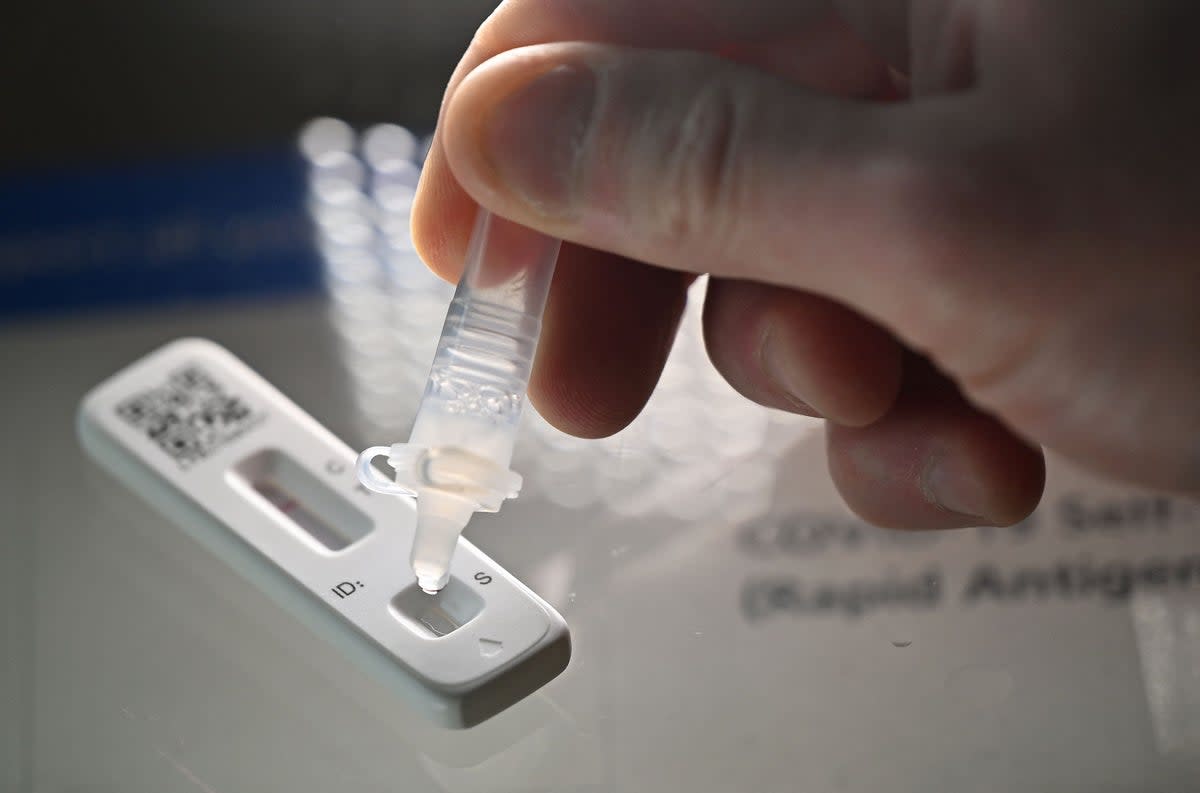Covid cases rising in the UK: Most common symptoms to watch out for

As Covid cases are predicted to be rising in the UK, it’s worth knowing what the most common symptoms are, so you can test and isolate yourself should you feel unwell.
There were 115,000 symptomatic cases of Covid in the UK on March 25, according to the ZOE Covid health study, which predicted that there are currently 1,483,000 symptomatic cases in total.
For comparison, ZOE predicted that there were 1,280,000 symptomatic cases in mid-March. In early February, ZOE predicted that there were around 900,000 cases in the UK.
The estimated figures showed that the number of cases in England is at the highest since the start of the year, with most cases in cities such as London, Birmingham and Leeds. The trend is unclear in Wales, Scotland and Northern Ireland.
Most common Covid symptoms
While there are very general Covid symptoms to be aware of, such as a high temperature and a cough, for example, the most common symptoms can vary based on the variant.
Recently, more people with Covid have been reporting a sore throat and a runny nose.
The following symptoms could be signs of Covid, according to the NHS:
a high temperature or shivering (chills)
a new, continuous cough
a loss or change to your sense of smell or taste
shortness of breath
feeling tired or exhausted
an aching body
a headache
a sore throat
a blocked or runny nose
loss of appetite
diarrhoea
feeling sick or being sick
But as of December 2022, the ZOE health study found that the following symptoms are the most common:
a sore throat
a runny nose
a blocked nose
sneezing
a cough without phlegm
a headache
a cough with phlegm
a hoarse voice
muscle aches and pains
an altered sense of smell
If you are experiencing any of these symptoms, take a lateral flow test. If it’s positive, it’s recommended to stay at home until you feel better or test negative.

 Yahoo News
Yahoo News 
